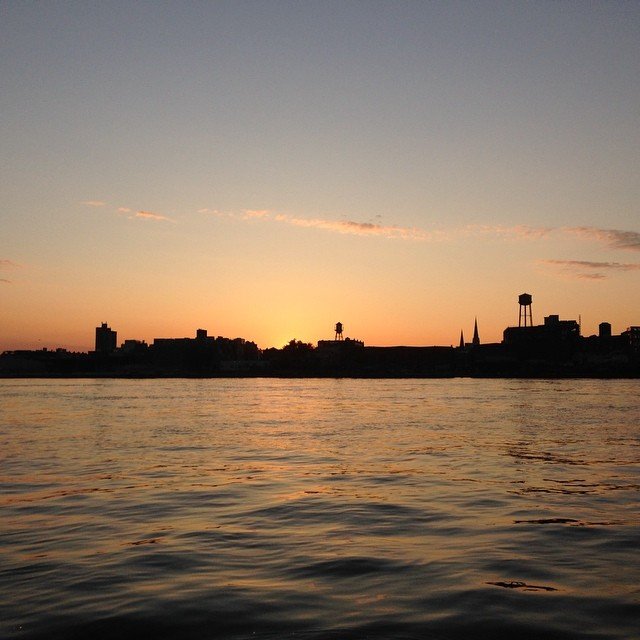
Local Knowledge Assessment
To become a NBCB Official Paddler, individuals must pass the ACA L2 and the Local Knowledge Assessment with an NBCB Trip Leader. The Assessment can be done in person or via video call.
Section 1: Paddling
Equipment
1. What basic gear do you need to paddle?
2. What safety gear do you need to paddle after dark?
3. How can you prevent hypo or hyperthermia?
Trip Planning
4. Look at today’s currents and tell us what type of paddle trip(s)you could do & when?
5. What other conditions should you check before heading out?
6. Would a west wind or a south wind potentially affect you more? Why?
Marine Radio
7. What radio channels are used for boat traffic? Emergency?
8. Demonstrate a security call. When should you make a security call? When should you contact a vessel directly?
9. Which radio channel for NY harbor weather?
10. Name two non-commercial radio channels?
Nautical Chart
11. Best time to go through Hell’s Gate. ebb, flood or slack?
12. Point to legal launch sites.
13. Point to emergency only take-outs.
14. Point to possible strainers, submerged dangers on the chart.
15. Where are some permanent security zones on the East River.
Emergencies
16. What type of rescue would you use for an uninjured person? An injured or weak person?
17. How can you call for help?
Rules of the Road and other Trip Concerns
18. Point out all the Brooklyn & Queens East River Ferry docks?
19. What are different ferry situations boaters may encounter and how should you handle them
20. What other commercial & non-commercial vessel are you likely to encounter and when do you have the right of way?
21. When should you pass in front of another boat and when should you pass behind?
22. What & where are shipping lanes? When is it OK to be inside the shipping lanes?
23. What does one long horn blast mean? What does 5 short horn blasts mean?
Section 2 : Environmental
Paddling
1. What precautions should you take while boating in the creek? What precautions should you take when you are done boating?
2. What are the advantages/disadvantages for using the different types of boats that are in the clubs’ fleet?
3. What should you do if you see large amounts of oil or other contaminants floating through the creek?
4. How might conditions in the creek be different at low tide vs. high tide?
General Pollution
5. What is a CSO and why does it affect boaters?
6. Why are CSOs a bigger concern in Newtown Creek vs. the East River?
7. Why is Newtown Creek a designated superfund site? What is a superfund site?
Nautical Chart
8. Identify Dutch Kills, English Kills, and Maspeth Creek on a map.
9. Is water quality at these locations better or worse than at the Boatyard?
10. Identify points in the creek where tugs need the most space. Why is it a hazard for boaters?
Paddling Safety
11. TLs are required to submit an Incident Report when something dangerous, destructive, and/or contentious occurs on a NBCB trip. Describe the three criteria that require a TL to submit an Incident Report.
